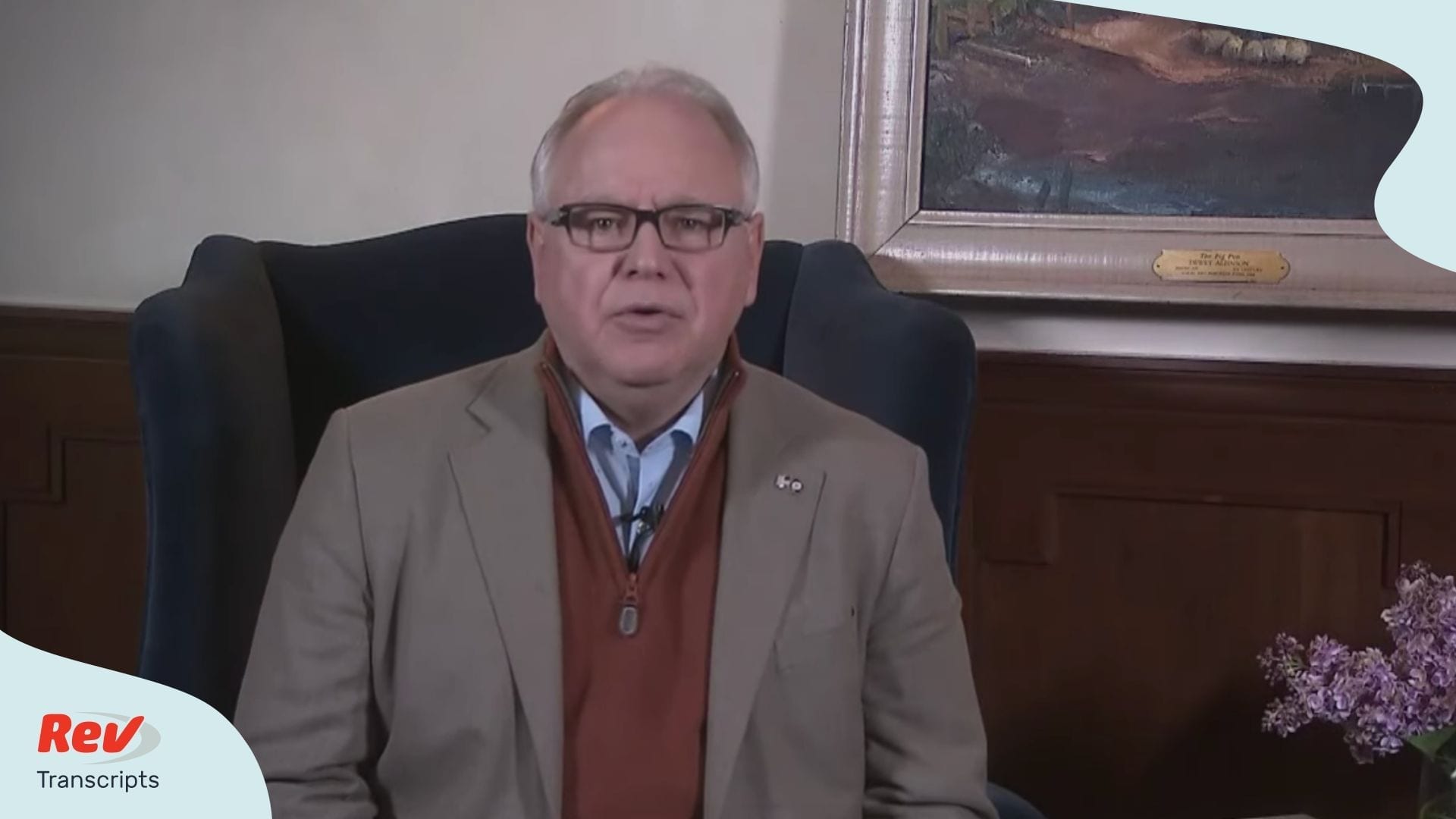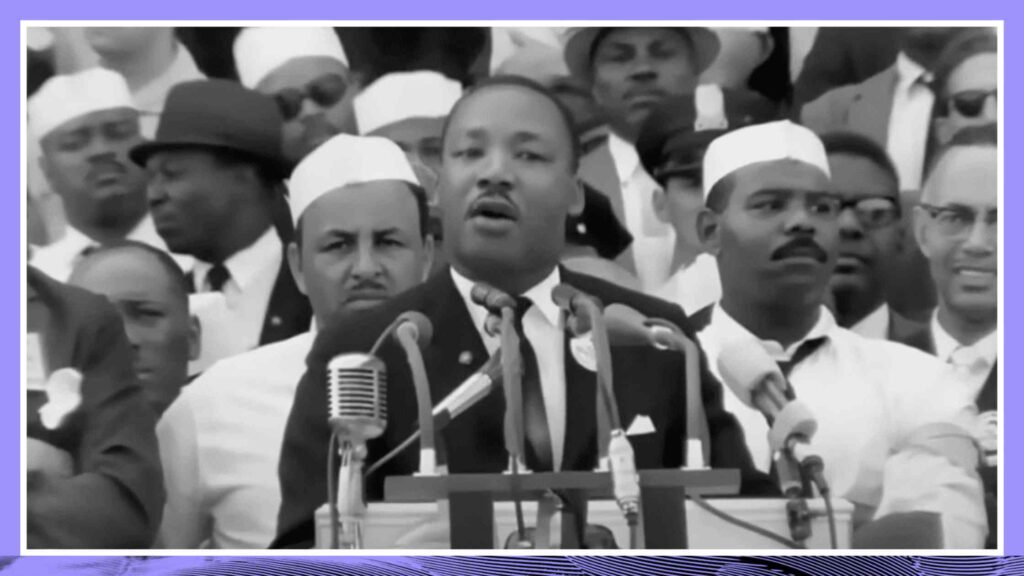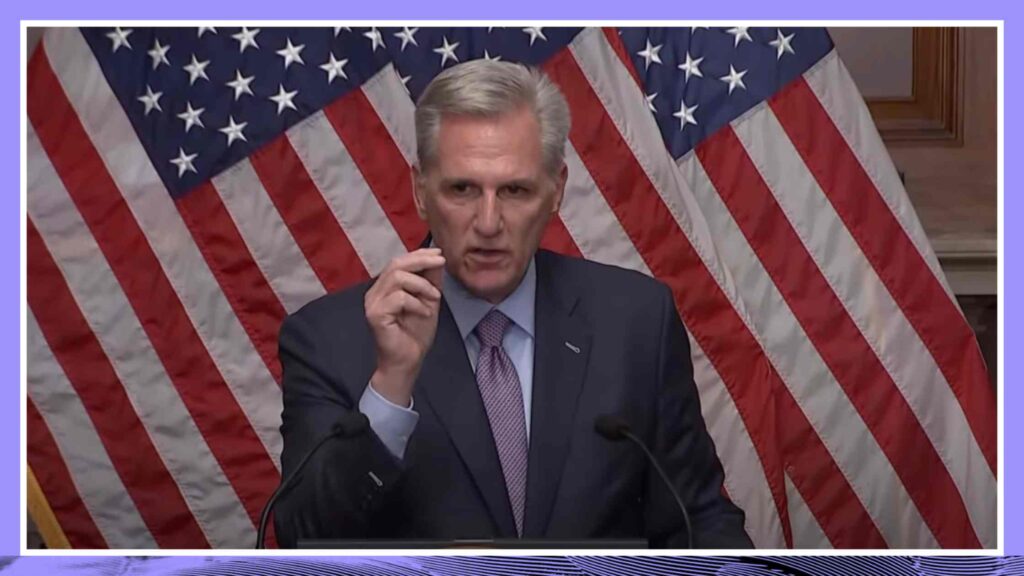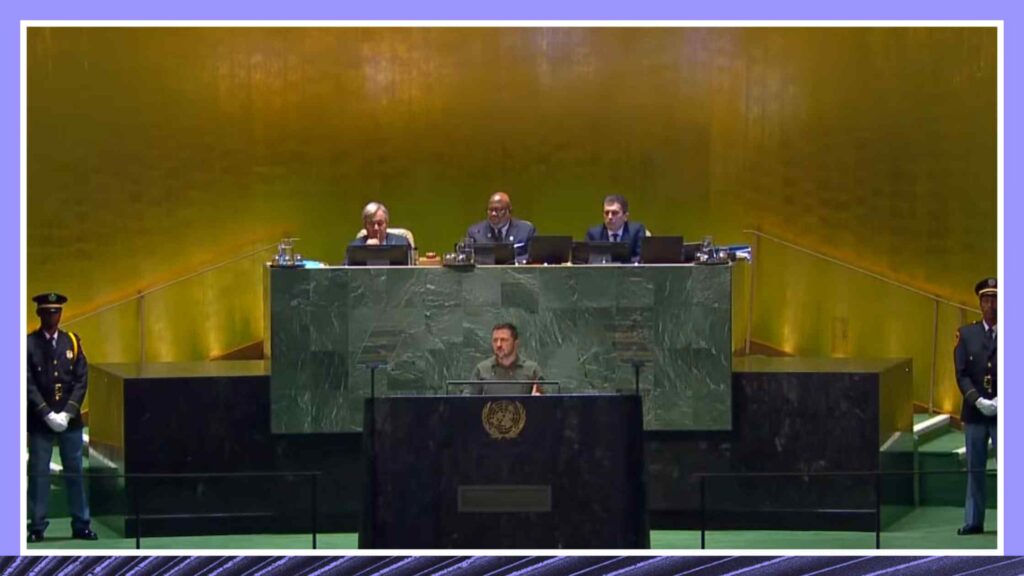Apr 5, 2020
Tim Walz Minnesota COVID-19 Briefing Transcript April 5

Governor Tim Walz of Minnesota held a “State of the State” briefing on April 5, updating the state on coronavirus efforts. Read the full speech transcript here.
What is Rev?
Rev is the largest, most trusted, fastest, and most accurate provider of transcription services and closed captioning & subtitling services in the world.
Tim Walz: (02:31)
Good evening, Minnesotans. Thank you for joining me on this beautiful Sunday. I’m speaking to you live from the governor’s residence, where I’ve been in self quarantine. Self quarantine, self isolation, social distancing, phrases that many of us had never used before now roll off our tongue and daily conversations. A new vocabulary to define our new reality. It is a hard, cold reality, one that far exceeds the reality of Minnesota’s harshest winters.
Tim Walz: (02:59)
From my daily briefings, many of you know the current situation. You know about COVID-19, and you know there’s a lot that we don’t know about it. You know about the actions we’ve taken to combat it, and you know how these actions have disrupted your life. Many of you are out of work. Businesses, large and small are shuttered across the state. The companionship we normally lean on to get through difficult times, a hug from a grandparent, cup of coffee with a friend, or just laughing with coworkers. Those things are out of reach now.
Tim Walz: (03:30)
Vacant streets, and deserted classrooms. Empty pews, chairs stacked on empty restaurants. Graduations, weddings, and funerals postponed. Right at the time minnesotans are usually putting away their shovels and snowblowers, opening up their windows, and emerging from their homes, we’re bracing for a storm of epic proportions. We’re used to long winters in Minnesota. We are resilient people with a deep reserve of courage, optimism, and grit. But this will be like a winter we’ve never seen before.
Tim Walz: (04:06)
As we’ve done for generations, once the leaves fall off the trees and the sky turns cold and gray, we prepare. There’s no stopping the storm of COVID-19 from hitting Minnesota, but we are preparing for it. We’re building our hospital capacity so that we can ensure that when our neighbors are sick, and need the care that they need, they’re able to get it. We’re increasing testing to better track this disease. We’re increasing ventilators and ICU beds for when our sickest neighbors need it.
Tim Walz: (04:38)
Just as we wouldn’t send a loved one out into the cold without the protection they need, we’re doing our best to find more personal protective equipment for the selfless doctors, nurses, first responders, and so many others on the front lines in the fight against COVID-19. But Minnesotans won’t just prepare for COVID-19, we will lead this fight. The brilliant minds and hard work of Minnesotans will help lead the world’s response to this crisis. Mayo Clinic is leading a national trial to use the blood from patients who’ve recovered from COVID-19 as a treatment for others who fall ill with this disease. Hospitals across this state, from the largest systems to the very smallest, are preparing in new and innovative ways for the surge in patients that will come.
Tim Walz: (05:25)
3M workers are producing millions of protecting face masks every month. Medtronic is publicly sharing the design specifications for its ventilators to spark rapid manufacturing of this critical equipment desperately needed to save lives. From Duluth to Hallock to St. Paul, smaller companies and employees are halting production to produce masks, make hand sanitizer, and help in any way they possibly can.
Tim Walz: (05:54)
And you, those of you staying home, are doing some of the most critical work of all. I know it doesn’t feel like it to you. Minnesotans are hardworking people who when the time comes they step into the fight. In many storms, that means plowing out your neighborhood, filling sandbags or trudging through the snow to check on a loved one, but now it means staying home. What you’re doing isn’t paralysis, it’s action. Staying home reduces face-to-face contact, and thus, the threat of virut transmission by up to 80%. Staying home is the only vaccine we have right now. You are slowing the spread of this disease. You are protecting your neighbors. You are giving hospitals time to prepare to care for the many who will fall ill. You are making a difference, and you are certainly saving lives.
Tim Walz: (06:47)
As a dad and a teacher, I want to speak directly to our children for a moment. I know this is really scary. I know that you miss seeing your teachers and your classmates. I know how very disappointing it is that many of those important end of school activities have been canceled. I know right now, many of you out there are athletes. Whether it’s little league baseball to the Olympics, you’ve prepared your whole life to go out and win championships on diamonds and fields across this state, and now you can’t. But what you’re doing matters. Your sacrifice is keeping people safe, you’re protecting your neighbors. Someday, when you have children of your own, you’ll tell them about this moment in history, and what you and your neighbors did to help this state. I want to say, “Thank you for that.”
Tim Walz: (07:35)
Parents, I know how hard this is. Many of you are trying to watch your children at the same time you’re trying to work from home. Many of you are out of work, and you’re worried about the bills that are coming due. This is hard. This is unprecedented. Take a deep breath. Be kind to yourselves, and be kind to each other. We’re all doing the best we can, and that’s all we can do.
Tim Walz: (07:57)
Minnesotans, I don’t take what we’ve asked of you lightly. I served this nation in the Army National Guard for 24 years. I raised my hand to defend the Constitution and the freedoms and liberties that it stands for. In a democracy, any action to restrict these rights cannot be enacted lightly, but at the moment they’re critical, and they’re saving lives. My promise to you is to continue to communicate my decisions, explain when we change course, and never stopped fighting alongside you, the people of Minnesota.
Tim Walz: (08:31)
These last few weeks have been difficult, but it’s only going to get harder. Long hours of darkness lie ahead of us. We’re going to do everything in our power to save lives, and as hard as we work, we’re not going to be able to save everyone. It’s going to be a cold, long winter. But how do we get through cold, long winters? We get through them together, as one Minnesota. We always shovel our neighbor’s sidewalk. We push out a stranger’s car that gets stuck, and we donate hats and mittens to folks who need it. It’s that collective spirit that empowers us to endure winter. And it’s how will endure this crisis as well. It’s already happening, and you see it everywhere.
Tim Walz: (09:10)
The White Bear Lake peewee hockey team was on the road to New Ulm for the state tournament, when it was canceled, mid-route due to COVID-19. While their season ended abruptly, that team is still a team, although virtually. The players and their parents have started a text chain to check in every night to see how everyone is doing and if anyone needs a helping hand. One evening, a player’s mom shared how she’s exhausted from her work as a nurse, and she’s worried about doing her job without all the personal protective equipment she needs. The next day, the hockey dads cleaned out their garages, cleaned out their supply of masks. And a big box was left on the nurse’s doorstep, with a little note that said simply this, “Your hockey family loves you.” It left her in tears. Her hockey family is helping her through this crisis. That same spirit flows between the high rises of downtown Minneapolis, where every night people go out on their balconies to clap, cheer, and bang on pots and pans to celebrate the healthcare workers when they get off of a long shift.
Tim Walz: (10:19)
You saw it last week, in North Branch, when a state trooper pulled over a woman who was speeding. Turns out she was a doctor in town to do some work. The trooper noticed some of the masks in her bag that she’d been forced to reuse due to the current shortage. Instead of handing her a ticket, that trooper handed the stack of masks that had been given to him to protect him. He put his neighbor first.
Tim Walz: (10:42)
At a state veteran’s home, the grandchildren of one of our heroes were sad that they could no longer go visit grandpa. So they created chalk drawings outside his window, not only to lift his spirits, but also to thank the wonderful staff for caring for him during this difficult time.
Tim Walz: (10:58)
While we might be separated physically, we stand united. From Rondo to the Range, and from North Minneapolis to North Mankato, we are truly one Minnesota. And a new day will come. The sun will shine brightly, the trees will bud, and the birds will sing. Spring will arrive, and when it does, we will dig out Minnesota. We will do whatever it takes to support Minnesotans and businesses to get back on their feet.
Tim Walz: (11:26)
Our communities will be forever changed, our state will be forever changed, and our world will be forever changed. We will grieve all that was taken from us, but we will also celebrate all that was given to us. Unity, humanity, and gratitude. We will be more united as a state. We will cherish each other’s humanity, and we will have endless gratitude for the lives we lead. These trying times have led us back to each other.
Tim Walz: (11:59)
We will value those we overlooked before. When times got tough, who did we lean on? It was the nurse, the grocer, the truck driver, the farmer, the janitor. We will recognize all that educators and childcare providers do for our students, our communities and our economy. This crisis shows how much Minnesota depends on our schools. Not only to teach our children but to feed them, and provide for their physical and mental wellbeing. We will certainly recognize all the public health workers. Everything they do at the local and state level to detect and respond to health threats. Not just this infectious disease outbreak, but the many other threats that impact our personal and community health.
Tim Walz: (12:43)
We’ll continue to look out for the most vulnerable amongst us, the poor, the sick, and the hungry. Many of you out there tonight have stepped up to protect these people during this crisis and that dedication to those people’s dignity and livelihood must endure long beyond this crisis.
Tim Walz: (12:59)
We won’t take our normal lives for granted ever again. Our modern lives move fast, and this presents an opportunity to slow down, and appreciate what truly matters. We’re going to welcome that morning rush, getting our kids out the door to school. We’re going to smile pretty big as we see restaurants bustling with friends sharing a meal. We will soon gather again in our houses of worship. We’ll have a renewed appreciation for the calming power of a warm embrace.
Tim Walz: (13:28)
But we won’t just make it to spring, we’ll come out on the other side better from this winter because we are Minnesotans. We see challenges, and we tackle them. No matter how daunting the challenge, no matter how dark the times, Minnesota is always risen up by coming together. It was our blood that saved the Union at Gettysburg. It was our iron that forged the tanks that liberated Europe. Our farmers sparked a green revolution that fed the world. And it was our imagination that transformed medicine, and it appears poised to do so once again.
Tim Walz: (14:01)
Minnesota, the state of our state is strong. The state of our state is resilient, and the state of our state is united. Our hearts are filled with gratitude for each and every Minnesotan, and the role they play in the fight against COVID-19. Thank you. Stay home, and stay healthy, Minnesota. Good night.
Transcribe Your Own Content
Try Rev and save time transcribing, captioning, and subtitling.




